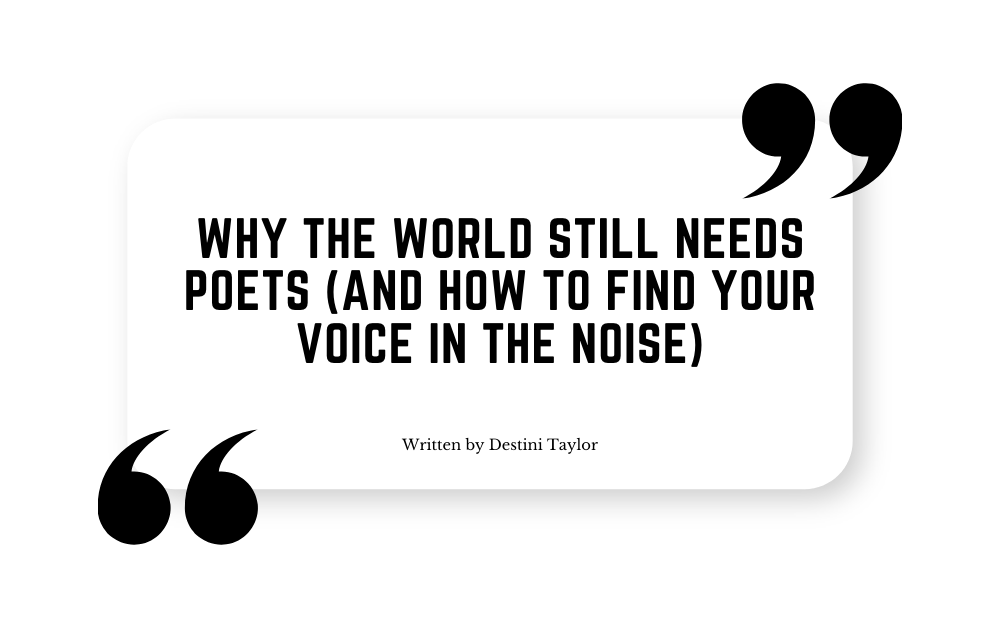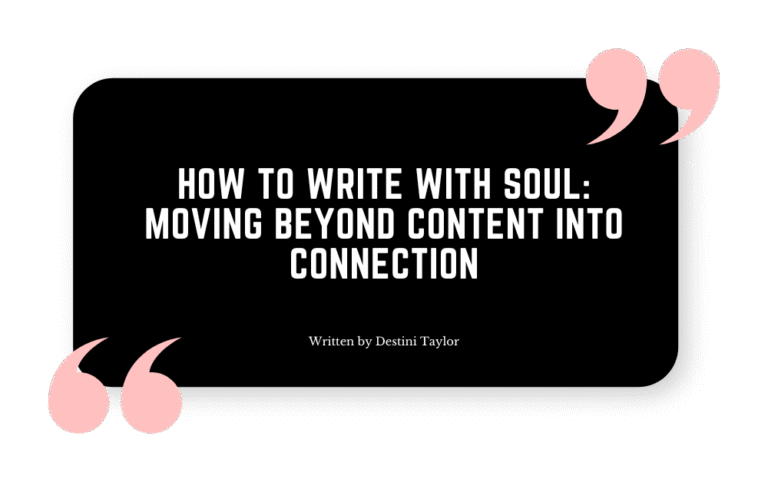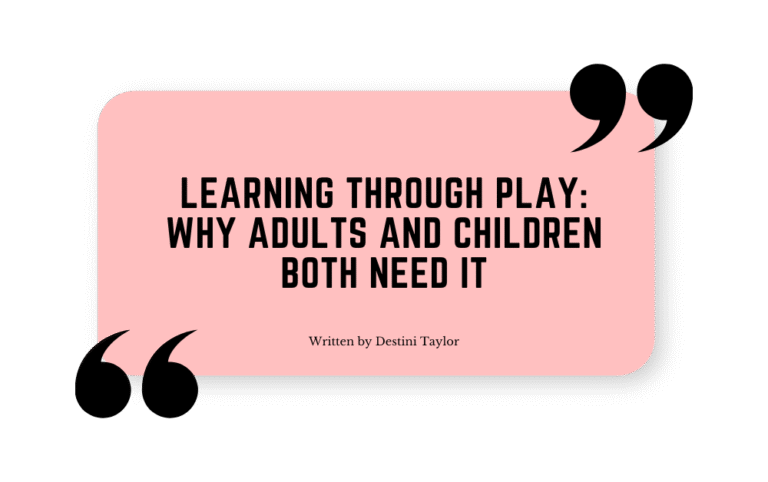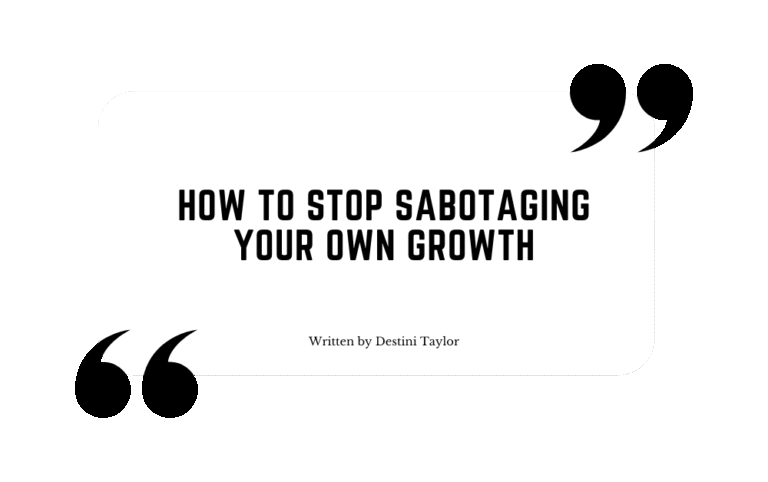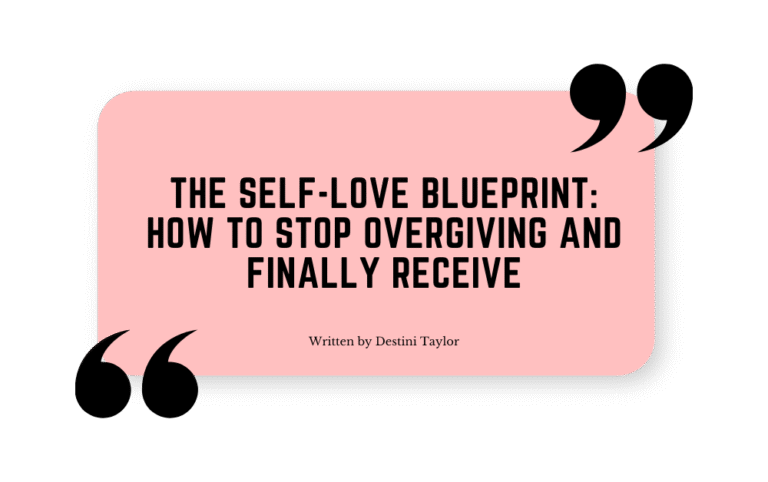Claim your voice in an age of algorithms and distraction.
Why Poetry Still Matters in a Fast-Moving World
Step into any café today and you’ll likely see a group of students hunched over laptops, headphones in, scrolling through feeds at lightning speed. Across the room, someone may be reading a book of poems—quietly, slowly, line by line. At first glance, it looks out of place in a world built on speed. Yet that is exactly why poetry still matters.
Think of a young man on the subway, earbuds in, scrolling through news that only seems to grow heavier. Then he stumbles across a poem shared online—a few short lines that remind him he’s not the only one tired, not the only one carrying silent weight. For the first time that day, he exhales.
Or consider the single mother who keeps a journal by her bed. Every night she writes, not for applause, but for survival. Her lines may never see publication, yet they are her lifeline. In those private words, she remembers her own worth.
And then there’s the classroom where a teacher reads a spoken-word piece aloud. The room stills. A student who hasn’t spoken all semester raises their hand—not to answer, but to say, “That poem sounded like me.” That moment of recognition can change everything.
These real moments prove something algorithms can’t erase: poetry still heals, still confronts, still connects. And in a time when voices compete to be the loudest, poets are needed more than ever—to be the clearest, the truest, and sometimes, the quietest.
The Problem: A Culture That Drowns Out the Poetic
We live in a digital flood. Every day, billions of words are posted, tweeted, captioned, and consumed in seconds. The goal is not depth—it’s attention. Whoever grabs the most clicks, wins. But in this race, what gets lost is what matters most: meaning.
The problem is that poetry is not built for speed. A poem lingers. It does not demand your time—it invites it. Yet our culture teaches us to skim, to scroll, to move on before anything sinks in.
This creates two dangerous outcomes:
- Readers lose patience for depth. We are conditioned to seek instant gratification. If the truth doesn’t fit in 280 characters, we tune out.
- Writers lose courage for honesty. In a climate where metrics matter more than meaning, many poets silence themselves. Why write about grief, longing, or hope when it won’t “perform”?
The tragedy is that poetry thrives in the very places we are told to avoid—stillness, slowness, silence. And without poets who resist the noise, our culture risks forgetting how to feel at all.
Poetry is not obsolete. The world has simply grown noisy enough to make it seem that way.
She Didn’t Ask. I Did. Digital Journal is one such reminder—proving that slowing down for honesty is still revolutionary.
Why the Noise Persists
To understand why poets feel drowned out, we have to look deeper than technology. Algorithms aren’t the only reason voices go unheard—our collective discomfort with vulnerability plays a role, too.
- We value performance over presence. Whether online or in relationships, many of us are rewarded more for what we show than what we truly feel.
- We mistake distraction for connection. A thousand “likes” can never replace the intimacy of one line that sees us clearly. Yet we choose the former, because it feels safer.
- We fear what poetry exposes. Poetry has always held up a mirror. It makes us confront loss, injustice, tenderness, and longing. In a world bent on productivity, we often treat such emotions as interruptions.
This isn’t new. Even in history, poets were often dismissed until generations later. But what’s different now is the speed. What once took decades to overshadow poetry now takes hours in the endless scroll.
And yet—poets still write. Because poetry is not about competing with noise. It is about cutting through it.
If you’ve ever read a single line that stopped you mid-scroll, you already know: poetry still wins, but in ways algorithms can’t measure.
Reframing the Poet’s Place in Today’s World
Instead of seeing poetry as a relic, we can begin to see it as resistance.
Poets are not just writers of verse—they are keepers of clarity. In an age where truth is blurred by headlines and half-stories, a poet names what is real. They do it without needing approval, likes, or applause.
To reframe the role of poets today:
- Poets are healers. They tend to wounds that no medicine can reach. A poem doesn’t erase pain, but it makes us less alone in it.
- Poets are truth-tellers. They write what others avoid saying. They give language to silence.
- Poets are bridge-builders. Across culture, race, gender, and generation, poetry unites. A poem in translation still carries heartbeat.
The poet’s job has never been popularity. It has always been presence. And presence is what our world aches for most.
How to Find Your Voice in the Noise
If you’ve ever felt called to write—or if you once wrote but stopped—this is your reminder: the world still needs your voice. Not the polished, performative version. The real one.
Here’s how to reclaim it:
1. Stop Writing for the Algorithm
Poetry cannot be measured by metrics. Some of the most important lines you’ll ever write may never be shared publicly. Write anyway.
2. Make Silence Part of Your Process
Great poems are not written in noise. They’re born in stillness. Even five minutes of silence can be enough to uncover a line worth carrying.
3. Use Poetry as Reflection, Not Performance
Your journal doesn’t need an audience. A resource like I Speak Life Into Men: Journal Edition proves this—its design is for raw reflection, not perfection.
4. Honor Small Truths, Not Just Big Ones
You don’t need an epic theme to be a poet. Sometimes the most powerful poems are about a single glance, a broken teacup, a forgotten goodbye.
5. Read Widely, Write Freely
To find your voice, you must first hear others. Read across cultures, across time. Then write without censoring yourself. The more you write, the clearer your voice becomes.
6. Remember Poetry is Conversation, Not Competition
A poem isn’t meant to out-shout another. It’s meant to echo. The right words will always find the right reader.
7. Protect Your Poetic Fire
The noise will try to convince you poetry doesn’t matter. Resist. Protect your writing time. Protect your inner voice. Tools like Amanda’s Café: Lessons on Love and Self-Worth remind us that words still carry healing.
A Vision for a World That Still Honors Poets
Imagine a world where poetry is not treated as luxury, but necessity. Where classrooms use verse as much as equations. Where workplaces allow time for reflection, not just production. Where families read poems at dinner tables the way they once shared prayers.
In this world, silence would not be feared but valued. Vulnerability would not be mocked but honored. And instead of scrolling past each other, we would pause, listen, and see.
This is not impossible. It begins with us. With picking up the pen, with sharing the poem, with daring to read aloud even if our voice shakes.
Because in every generation, poets have been underestimated—until they weren’t. And history always remembers the lines that helped us survive.
If you’ve been waiting for permission to write, here it is. The Universe has always needed poets. It still does.
Closing Thoughts
Poetry will never be louder than noise—but it will always be deeper. And depth is what endures.
The next time you feel your voice doesn’t matter, remember: someone is waiting for your words the way you once waited for someone else’s.
So write. Speak. Share. Or whisper. However your poetry comes, let it come.
Because the world doesn’t just need more content. It needs more truth. It needs more heart. It needs more poets.
And it needs your voice—clear, steady, unapologetically yours.
Resources
If you’re ready to claim your poetic voice and heal through words, these resources will help:
- She Didn’t Ask. I Did. Digital Journal — A guided journal for men to explore the questions no one asked them, but should have.
- I Speak Life Into Men: Journal Edition — A sacred journaling space designed for emotional clarity and truth.
- Amanda’s Café: Lessons on Love and Self-Worth — A poetic journey of healing, reflection, and self-discovery for women.
Start Here: Poetry, Healing & Transformation

